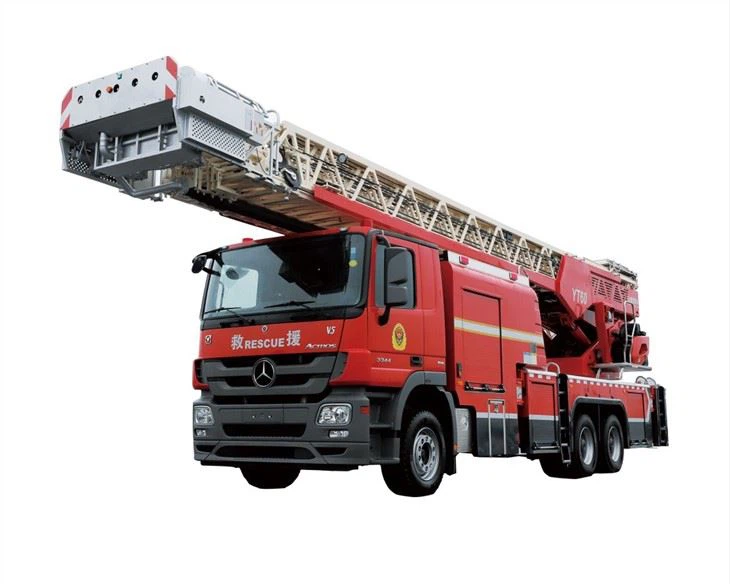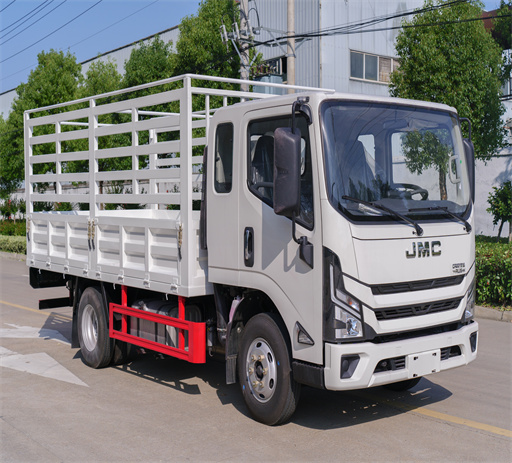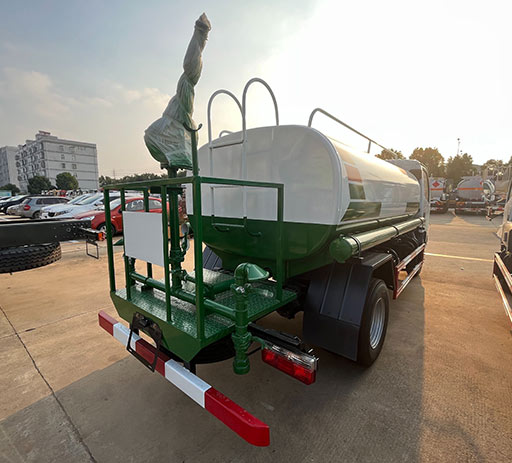Understanding 3 Axles Trucks: A Comprehensive Guide

A 3 axles truck is a popular choice in the transportation industry, combining durability, load capacity, and maneuverability. This article explores the various aspects of 3 axles trucks, including their configurations, advantages, and practical applications.
What is a 3 Axles Truck?
A 3 axles truck refers to a truck that is supported by three axles. The configuration generally includes one front axle and two rear axles. This setup allows for increased stability and weight distribution, which is crucial for both on-road and off-road applications.
Types of 3 Axles Trucks
1. Flatbed Trucks
Flatbed trucks are equipped with a flat, open platform that makes loading and unloading easy. This type of truck is ideal for transporting heavy machinery or oversized loads.
2. Box Trucks
Box trucks have an enclosed cargo area, providing protection from the elements. They are commonly used for moving goods, deliveries, and furniture transport.
3. Dump Trucks
Dump trucks feature a hydraulic bed that can lift and dump loads. They are commonly used in construction and waste management.
4. Tanker Trucks
Tanker trucks are used to transport liquids, such as fuel or chemicals. The three axles allow for carrying larger quantities safely.
5. Refrigerated Trucks
Refrigerated trucks are temperature-controlled vehicles designed to carry perishable goods. The three-axle design enhances stability under load.
Advantages of 3 Axles Trucks
Increased Load Capacity
With three axles, these trucks can carry heavier loads compared to two-axle trucks. This feature is essential for businesses that frequently transport large amounts of goods.
Better Stability
Three axles offer improved weight distribution, leading to better balance and stability during transport. This is especially crucial when navigating uneven terrain.
Enhanced Durability
Trucks with three axles are generally more robust and built to withstand harsh conditions. This durability translates to longer lifespan and lower maintenance costs.
Versatility
A 3 axles truck can adapt to various transportation needs. Whether you are transporting construction materials, furniture, or food, there is a suitable 3 axles truck variation.
Specifications to Consider When Buying a 3 Axles Truck
Load Capacity

Understanding the load capacity is crucial for choosing the right truck. Look for the manufacturer’s specifications to ensure it meets your needs.
Engine Power
The engine’s horsepower determines how well a truck can handle heavy loads. Opt for a more powerful engine for demanding operations.
Fuel Efficiency
Consider trucks with better fuel efficiency to reduce operational costs. Fuel-efficient models offer lower long-term expenses.
Maintenance Requirements
Choose a truck that is easy to maintain. Some manufacturers offer warranties that cover parts and services for several years.
How to Maintain a 3 Axles Truck
Regular Inspections
Conduct regular routine inspections to check brakes, tires, and the engine. Identifying issues early can save significant repair costs down the line.
Oil Changes
Regular oil changes contribute to the truck’s longevity. Follow the manufacturer’s recommended oil change intervals to keep the engine running smoothly.
Tire Maintenance
Monitoring tire pressure and tread depth is vital for safety. Rotate tires as needed to ensure even wear and extend their lifespan.
Cleaning
Regular cleaning both inside and outside prevents rust and keeps the truck in good condition. Use non-corrosive cleaners for the best results.
Common Uses for 3 Axles Trucks
Construction
3 axles trucks are commonly used in construction to transport materials like gravel, dirt, and heavy equipment.
Logistics
In logistics, these trucks play a crucial role in distributing products from warehouses to retail outlets or directly to customers.
Agriculture
Agricultural operations utilize 3 axles trucks for transporting harvests and livestock. They provide the necessary load capacity for farm-related tasks.
Emergency Services
Fire departments and other emergency services may use specialized 3 axles trucks to carry equipment or respond to calls.
Cost Considerations
Initial Cost
The initial purchase price of a 3 axles truck can range widely based on brand, model, and specifications. Budget accordingly based on your operational needs.
Insurance
Insurance costs will also vary. Factors include the truck’s value, usage, and coverage type. Obtain several quotes for the best deal.
Maintenance and Operating Costs

Consider ongoing costs such as maintenance, fuel, and tires. Budgeting for these expenses will help manage your overall transportation costs effectively.
Practical Examples and Tips for Using 3 Axles Trucks
Example 1: Transporting Construction Materials
When transporting construction materials, ensure that the truck is loaded evenly to maximize stability. Also, use appropriate securing methods to prevent load shifting during transport.
Example 2: Delivering Goods
For deliveries, plan routes that avoid heavy traffic and low clearance areas. This planning can save time and reduce the risk of accidents.

Tip 1: Always Follow Safety Regulations
Compliance with local regulations is essential. Ensure that you, and any drivers you hire, are aware of the respective laws governing truck operations.
Tip 2: Train Your Drivers
Providing proper training for drivers on how to handle a 3 axles truck is crucial. Include training on load management and emergency procedures.
FAQs About 3 Axles Trucks
1. What is the typical weight limit for a 3 axles truck?
The typical weight limit varies by region but generally ranges from 26,000 to 80,000 pounds, depending on the truck’s configuration and local regulations.
2. How do I choose the right 3 axles truck for my needs?
Consider your specific transportation needs, including the type of load, distance, and terrain. Consulting with a truck dealer can also provide valuable insights.
3. Are 3 axles trucks more fuel-efficient than traditional trucks?
Generally, 3 axles trucks can be more fuel-efficient due to their ability to carry a heavier load, which reduces the number of trips needed.
4. How often should I perform maintenance on a 3 axles truck?
Routine maintenance should be performed according to the manufacturer’s schedule, but regular inspections every few months are advisable to catch any issues early.
5. Can 3 axles trucks be used for off-road applications?
Yes, many 3 axles trucks are suitable for off-road conditions, especially those designed for construction or agricultural use. Ensure you choose the right model for the terrain.
6. What are the financing options for purchasing a 3 axles truck?
Several financing options are available, including loans, leases, and renting. Always compare interest rates and terms before making a decision.
